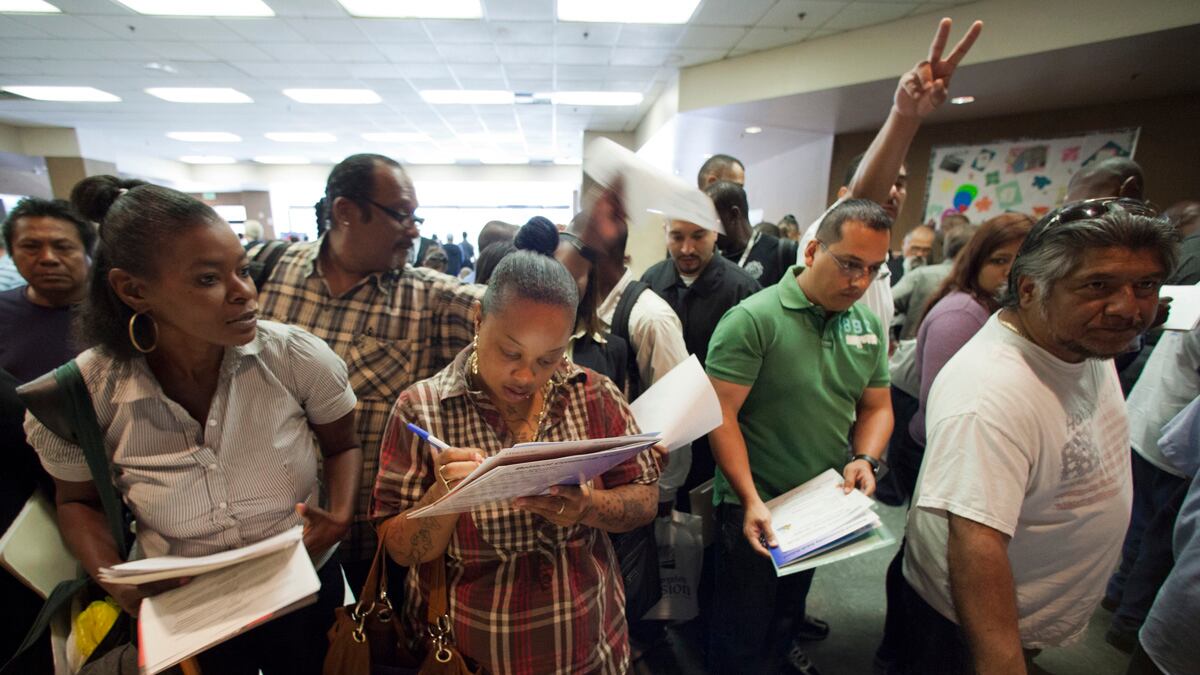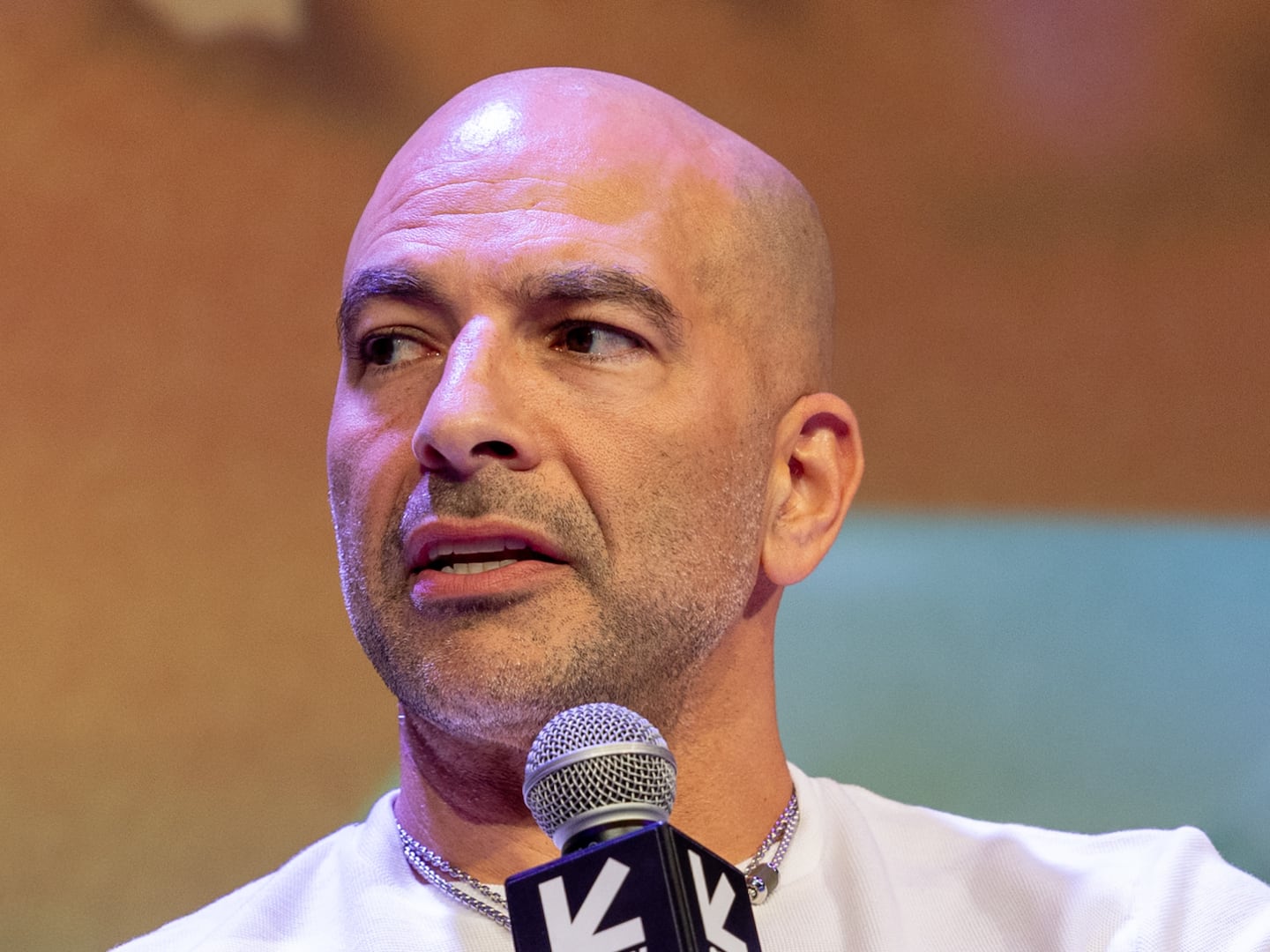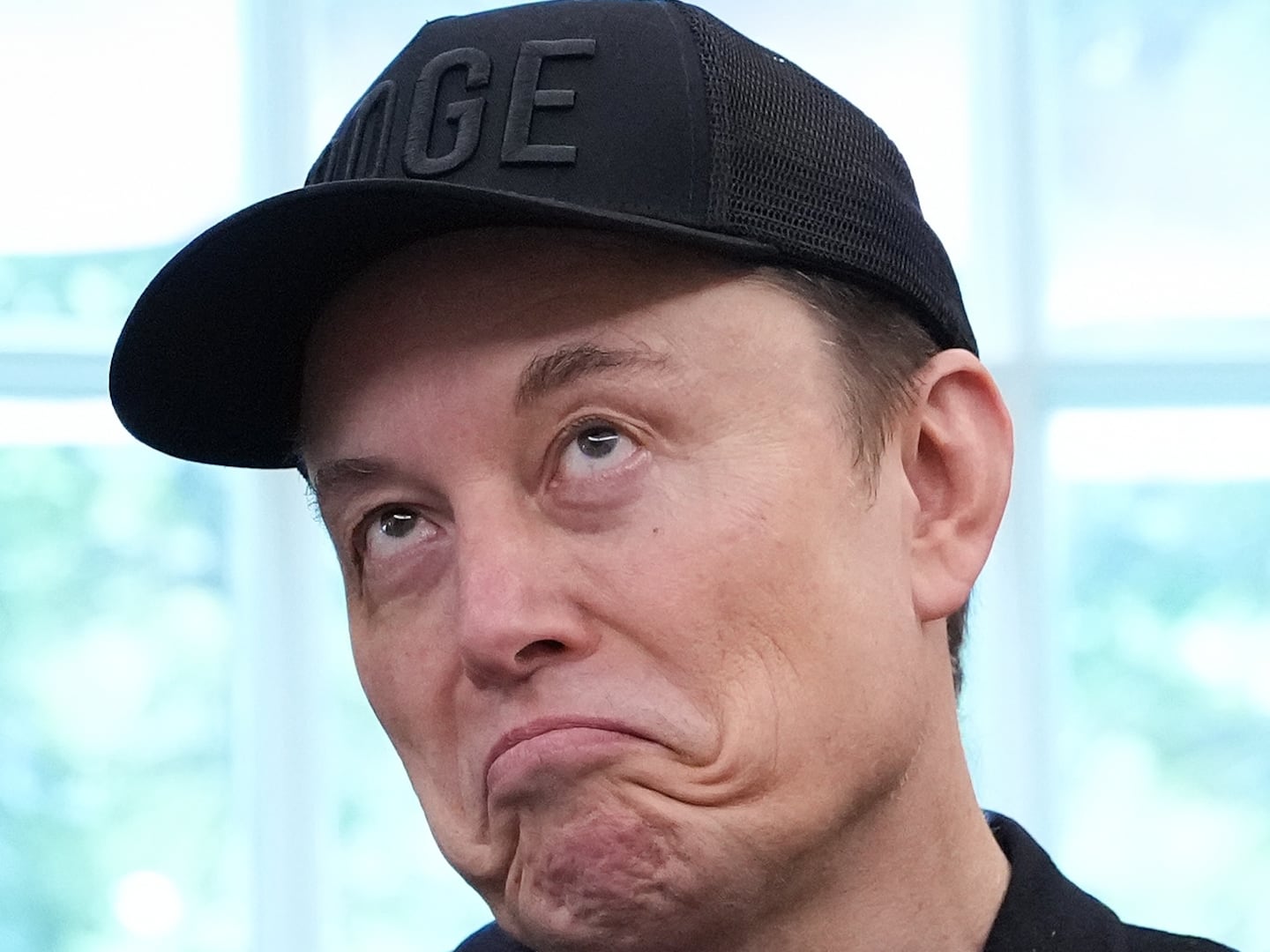
1) What if slow growth is here to stay? Recoveries from financial crises are slow enough, but there are secular trends that raise concerns that today's slow growth may prove to be a "new normal." The U.S. population is aging: a median age of 32.9 years in 1990 has already risen to 36.9, on its way past 40. Older people take fewer risks and consume less. True, aging can to some extent be offset by immigration. But the immigrants the US has already admitted are far less skilled than native born workers, and their children are not catching up quickly enough. The ETS projects based on current trends that the US workforce of the 2030s will be less skilled and less literate than the workforce of the 1990s, the first such retrogression in US history.
An older population and a less productive workforce is not a formula for rapid growth.
2) Is the U.S. hardening into a permanently more class-bound society? It looked that way in the 2000s. Recessions tend to flatten income differentials, but this Great Recession is having the opposite effect. The richest have already recovered; the middle continues to lose ground; the poorer lose ground even faster. Already the U.S. ranks among the least mobile societies in the advanced world. As the skills gap between top and bottom widens, immobility should harden more.
A class-bound, slow-growth economy: is this the future?






